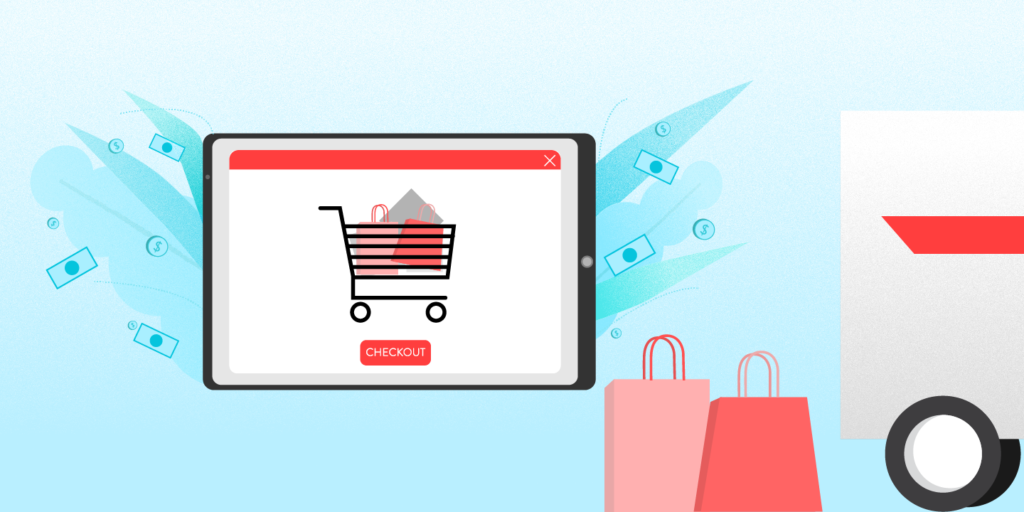The impact of COVID-19 on consumption habits

This post is part of a collaborative effort between Startup Portugal, The Next Big Idea, and Sapo24, meant to create relevant content to tackle the COVID-19 pandemic.
Content available in Portuguese.
Everyday life has changed dramatically and perhaps forever. People are living, thinking and buying differently. Consumers are looking at products and brands from a new angle. Will these new habits last beyond the pandemic crisis, permanently changing the way we consume?
Each individual acts differently under certain circumstances. These circumstances caused consumers to adopt new attitudes, behaviours and consumption habits, which in itself led to an economic and social crisis of historical proportions. According to the new Future Consumer Index published by Ernst & Young, 42% of consumers surveyed believe that the COVID-19 pandemic will fundamentally change their buying habits – the study is the result of consumer surveys from the US, Canada, France and Germany, in early April.
Ernst & Young identified four new consumer profiles formed during the pandemic: the “Save and stockpile” profilecorresponds to 35% of consumers, among them those who are most pessimistic and family-oriented; 27% of consumers are part of the “Cut deep” profile and spend less, on all aspects, as they are fired or dismissed from their jobs; the “Stay calm, carry on” profile corresponds to 26% of consumers, being those who keep their lives unchanged by the pandemic; and only 11% of people cover the category “Hibernate and spend”, the ones who spend more during the crisis. If companies were already trying to keep up with changes in consumer behavior before the pandemic, it is now even more critical for them to anticipate how consumers will respond to their new needs.
These are the consumption trends that have been highlighted since the beginning of the COVID-19 pandemic.
Online commerce will prevail
The restrictions imposed by governments in favor of public health have caused consumers to find new ways to consume while meeting the requirements of social distancing. Many have opted by internet shopping as a way to circumvent these same restrictions. Here, the Portuguese assume to spend more 62% of their time on the internet, which led to a 513% growth in searches for online shopping during the month of March, says a study by Group M, quoted in April by Expresso.
Focus on essential goods
Given the unpredictable period we are in and uncertainties about the future of the economy, consumers have focused more on their primary and short-term needs. According to a 2009 McKinsey article, during a crisis, consumers tend to focus on products and services at lower prices, needing valid reasons to continue buying more expensive goods. During the COVID-19 pandemic, one in four consumers in the United States is spending an additional 133% on food purchases, while spending on luxury goods has declined, reveals a study from Self.
More spending on leisure activities
The outbreak and social distancing measures have changed the way people spend their free time. According to a study published in April by Accenture, referring to several world markets, more than half of the inquiries plan to continue consuming news after the outbreak and 55% will prioritize more time with their families. Entertainment, learning and DIY projetcs have also seen an increase since the beginning of the pandemic.
More savings
In addition to facing a public health crisis, we are also at the mercy of the enormous economic impact it will have on our lives. Thus, savings have become one of the main concerns of consumers. In the G7 countries (Germany, Canada, the United States, France, Italy, Japan and the United Kingdom), 71% of people say that their personal income has been or will be affected by the new coronavirus. A report by the Boston Consulting Group reaffirms this trend by concluding that people in the United States, in addition to anticipating changes in their consumption habits, also plan to start saving more to prevent potential future problems.
The triumph of conscious shopping
Consumers are more attentive to what they buy and strive to limit food waste, opt for socially responsible brands, and acquire more sustainable options. According to Ernst & Young, about a third of consumers are willing to pay more for local products, while 25% will pay more for trust brands and 23% will pay more for ethical brands. Brands should take this trend into account and integrate it into their offer, as 2 out of 5 consumers will boycott companies that did not act with ethical responsibility during the COVID-19 outbreak.
While it is difficult to fully predict the impact this pandemic will have on consumption patterns and habits, the changes we are seeing now provide an idea of how consumers are reacting to this new reality and can serve as a compass to guide future consumer trends.
Source: https://24.sapo.pt/economia/artigos/o-impacto-da-covid-19-nos-habitos-de-consumo
Other blog posts



